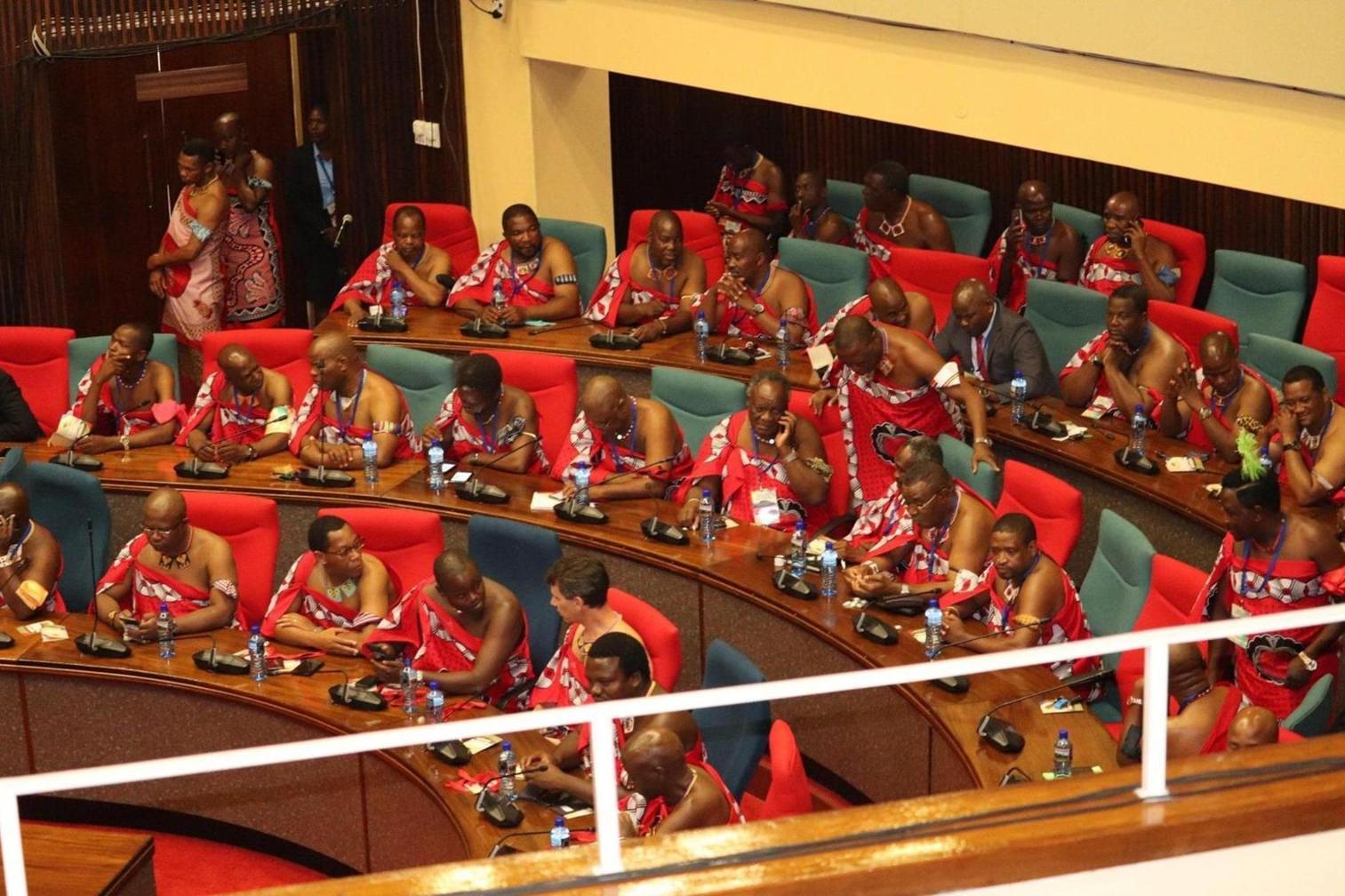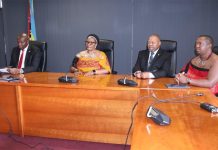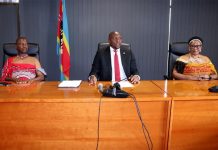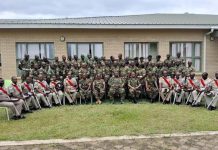Africa-Press – Eswatini. Only one of the four regional Members of Parliament who were elected to fulfil the quarter of female representation has shown interest in returning to the House, while the others were not available for nomination.
The four regional legislators are Nokunceda Bujela (Hhohho), Lorraine Nxumalo (Lubombo), Nokuthula Dlamini (Shiselweni) and Busisiwe Mavimbela (Manzini).
Dlamini was nominated for the position of MP under Maseyisini Inkhundla.
The Election of Women Members to the House of Assembly Act, 2018 provides for the special election of women to the House so as to give effect to sections 95 and 86 of the Constitution and provide for the process and mode of nominating and election of the women.
While Mavimbela preferred not comment, the former Hhohho MP Bujela, explained that she was bowing out of politics and giving other women and young people a chance to be elected into Parliament.
Bujela said she believes that women should have equal opportunities as men and was of the view they should work together rather than compete against each other.
She pointed out that it was for this reason that she had purposed in her heart to offer her vote to a female contender during the upcoming national elections.
The former legislator said now that she had served for five years as an MP, she had gained a lot of experience, which she was ready to share with other women who would be elected to Parliament by lecturing them on politics.
“I learnt so much on politics during my term of office and I have decided to give others a chance. However, I would be very happy to offer any advice to anyone who will seek advice from me,” she said.
Bujela reminded women that in order for them to be successful, they must be eager to ask questions, since it was impossible to know everything there was to know by themselves.
Politics
She also urged women not to accept to be left behind when it comes to politics but to participate in the elections, particularly because no academic qualification was required for them to partake.
However, she opined that should they be elected to Parliament at regional level, they should be given terms of references before assuming their duties as that proved to be the greatest hiccup during their tenure.
The absence of the terms of reference, Bujela said it was difficult for them to work with various communities because they could not just invade other MPs constituencies willy-nilly.
Bujela further mentioned that she was grateful to God for aiding her to conclude her term of office without tainting her reputation with a scandalous behaviour.
Decision
Her Lubombo counterpart, Nxumalo said her decision not to stand for the election was due to reasons beyond her control, explaining that she was unwell over the weekend when the nominations were held.
Nxumalo said she was willing to join the race for a seat in Parliament, but unfortunately, she could not avail herself at the nomination centre due to the ailment.
She did, however, encourage women to contest for the national elections and to vote for other women.
The former Lubombo regional legislator said the fact that they nominated one another was not enough, adding that it was important for them to go beyond that, and vote for one another during the primary and secondary elections.
“We might nominate as many women as possible but if we vote for only a few that will mean the whole exercise of nomination was futile,” Nxumalo said.
The former regional legislator, Dlamini who was nominated for the position of MP under Maseyisini Inkhundla, said the voice of women was missing in Parliament.
As a result, she said issues pertaining to women were left unattended to but if many women could be elected to Parliament, their voice could be heard.
“If many women could be voted into Parliament, women in the country could develop tremendously and be supported accordingly.
Also, if more women were voted into Parliament, then issues affecting young people could be taken into consideration,” she said.
This, she said, was because by nature women have nurturing hearts and it was for that reason that young people tend to gravitate towards their mothers most of the time, whenever they wanted to ask anything from their fathers.
Struggles
According to Dlamini, the youth would ask their mothers to ask those things on their behalf from their fathers and as such, women were in a better position to understand the struggles of young people than men.
Former Manzini regional MP, Mavimbela asked not to make a comment when contacted yesterday.
Meanwhile, the regional MPs were elected after the House of Assembly invoked Section 95 and 86 of the Constitution of Eswatini during the 11th Parliament electing four women into the House the female representation was under 30 per cent of those elected after a general election.
The aforementioned clause states that the House of Assembly shall then form itself into an electoral college and elect not more than four women on a regional basis to the House.
For More News And Analysis About Eswatini Follow Africa-Press







